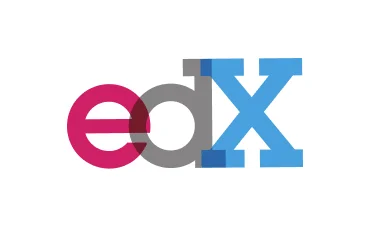When you enroll through our links, we may earn a small commission—at no extra cost to you. This helps keep our platform free and inspires us to add more value.

MIT Sloan School of Management: Economics for Business
Identify the economic forces shaping your business and make informed decisions that drive change.

Related Courses
This Course Includes
 edx
edx 0 (0 reviews )
0 (0 reviews ) 8 weeks at 6-8 hours per week
8 weeks at 6-8 hours per week english
english Online - Self Paced
Online - Self Paced executive education
executive education MIT Sloan School of Management
MIT Sloan School of Management
About MIT Sloan School of Management: Economics for Business
About this CourseLarge-scale economic trends can profoundly affect businesses of all sizes, whether it’s inflation, governmental policy, or changes in market demand. For contemporary organizations to remain competitive, executives must account for the impact in their strategic decision making. The Economics for Business online program from MIT Sloan offers you the opportunity to explore economics from a business perspective, guided by renowned economist Professor Roberto Rigobon. You’ll be exposed to an engaging mix of case studies, narratives, and problem-solving activities designed to build your understanding of macroeconomics. On completion, you’ll be able to apply your knowledge to interpret and manage economic change within your organization. The program is geared toward business professionals and leaders looking to understand the influence of economic trends on business and seeking tools, concepts, and models to inform their decision making. Aspiring managers and executives with decision-making responsibilities stand to benefit from an understanding of the broader business environment. The cross-industry applications of macroeconomics are beneficial for business professionals aiming to enhance their knowledge of economic trends and advance their careers.
What You Will Learn?
- Discover the impact of economics on business as you work through the weekly modules of this online short course..
- Orientation module: Welcome to your Online Campus.
- Module 1: The global economy.
- Module 2: Consumer confidence and policy effects.
- Module 3: Currencies, crises, and cryptos.
- Module 4: Measuring economic health: The current account.
- Module 5: Measuring economic health: the labor market.
- Module 6: Economic shocks.
- Module 7: Social and political factors.
- Module 8: Creating economic sustainability.